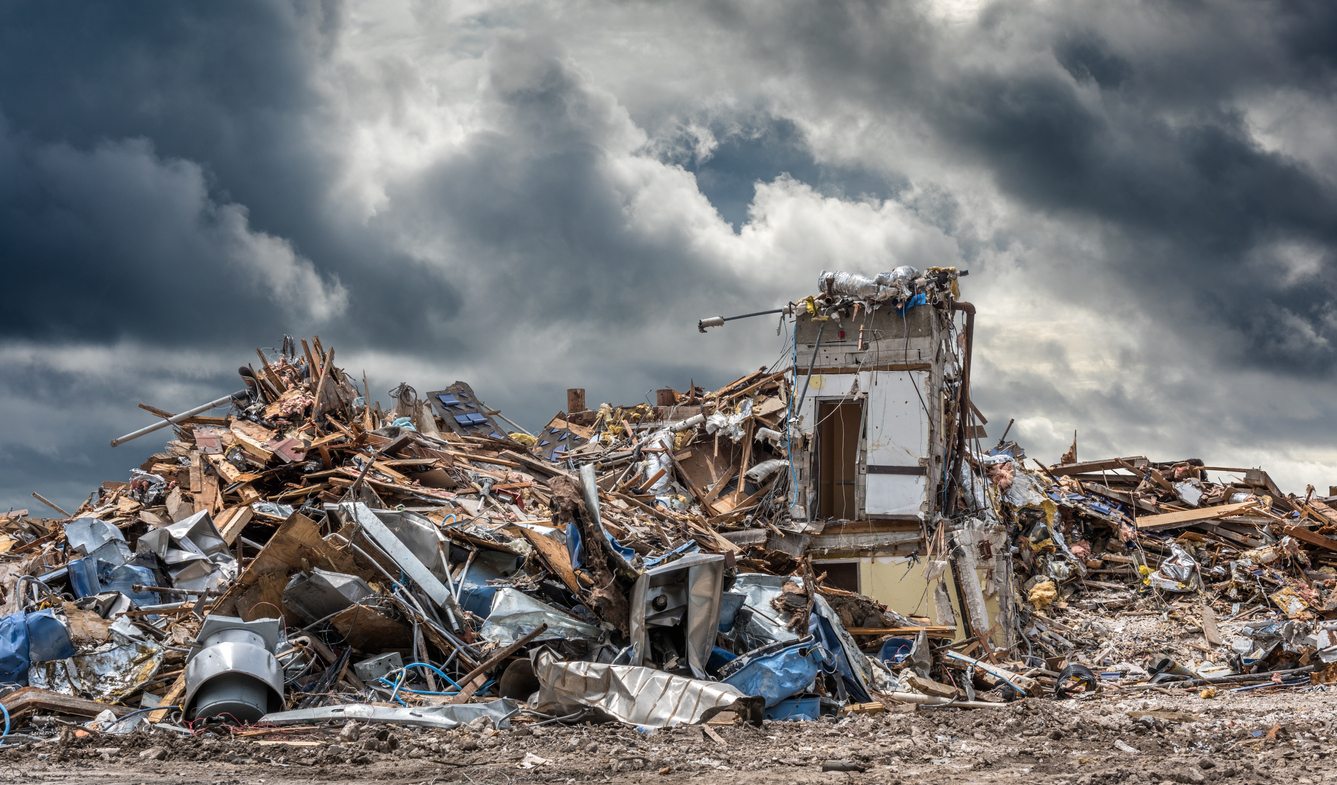The President of the United States and the Insurance Commissioner of Louisiana have come out publicly asking insurance companies to pay for customers’ increased living expenses under their homeowners policies. The editors of the FC&S recently published an opinion supporting these requests.
In, The Aftermath of the Storm–Updated: Coverage for additional living expenses, civil authority, and business income all come into play after a disaster, the FC&S noted:
The homeowners policy provides coverage to insureds when a civil authority has prohibited use of the ‘residence premises’ due to direct damage to neighboring premises by a peril insured against, and coverage is provided for no more than two weeks. Coverage is also provided when a loss makes the ‘residence premises’ not fit to live in as a result of a covered loss under additional living expense coverage. Coverage is for the shortest time required to repair or replace the damage, or if the insured permanently relocates elsewhere. What does this mean to those insureds who left their premises because of evacuation requirements by the authorities because of predicted but not yet happened damage, and for the inability to return home due to the widespread loss of utilities?
The HO 00 03 excludes power failure if the failure of power or other utility service takes place off the ‘residence premises’. An exception exists for a power failure that results in a loss from a peril insured against on the ‘residence premises’; the policy covers that loss. So if the power failure starts a fire, that fire is covered.
If an insured evacuated because of orders of civil authority before any damage occurred, and there is no damage to the ‘residence premises’ but the insured cannot return to his property because power is out, is there coverage under additional living expenses?
For additional living expenses coverage to apply, there must be a loss covered under Section I that makes the premises not fit to live in. Wind from the hurricane caused widespread power outages; wind is a covered cause of loss. Lack of air conditioning and power when the temperature is in the high 80′s and 90′s could be seen as making the premises uninhabitable; therefore there could be coverage for additional living expenses.
This is much easier if the insured’s premises received damage from the storm as well. If the insured’s property is damaged making the premises unfit to live in, then additional living expense coverage applies as outlined.
Apparently, State Farm and some other insurers do not agree with the FC&S editors. In White House Senior Advisor Blasts State Farm for Using Loophole to deny Coverage to Hurricane Ida Victims, Cedric Richmond was quoted:
…While certain companies, like Allstate and USAA, have agreed to cover some additional costs, State Farm has reportedly refused to cover any extra costs for homeowners who were not under a mandatory evacuation order.
‘We have companies like State Farm, and I call them by name, that have decided that they’re still going to use that loophole or that technicality or fine print, to deny coverage,’ Richmond said. ‘People left because it was a storm bigger than Katrina. Then it knocked out the power [for] over a million people and southern heat, 102, 105 heat advisories, and State Farm’s position is that people could have went home and lived in that house.’
Biden urged insurance providers late last week to step up and cover extra costs without naming any companies, but Richmond specifically called out State Farm’s leadership.
‘My opinion is that the CEOs and the leadership at State Farm would not stay in a house with damage, without power in 105-degree heat,’ Richmond said, ‘and they should not expect Louisiana citizens or Mississippi citizens to do that.’
State Farm seems to suggest that it is paying some ALE claims but not all of them when it stated the following on its website:
When storms such as Ida cause severe damage to homes, customers may be displaced. Additional Living Expense (ALE) coverage under a Homeowners or Renters policy is triggered when a covered loss causes the residence to become uninhabitable. ALE can cover some increased costs such as housing, meals, and mileage.
Some media reports are incorrectly suggesting ALE does not apply without a mandatory evacuation having been ordered. These reports are seemingly focused on one portion of our ALE coverage for affected policyholders: Prohibited Use. We are addressing the needs of displaced customers. State Farm is paying, and will pay, thousands of Prohibited Use and ALE claims to our policyholders following Hurricane Ida
For customers who have a loss covered under ALE due to the extent of damage to their home, that loss adjustment occurs regardless of the type of evacuation order in their neighborhood. Once a State Farm customer reports a claim to us, we will evaluate their damage. The process from there depends on many factors including the extent of damage and accessibility of the property. (We’re working with local authorities for access when it’s safe.)
We are here for all of our customers and are committed to pay what we owe. State Farm’s policies in Louisiana, the Northeast and other states, are filed with and approved by state insurance regulators in each state, respectively. State Farm honors the terms of the contract with our customers. Altering the terms of the contract for one event would be unfair to all those who have experienced loss from previous disasters.1
I am not certain what the logic is of not paying in the past if that was a wrong decision. Indeed, changing a culture of denial to make payments is good from the policyholders’ perspective. Further, changing the policy language to unequivocally require payments for these types of losses seems like what the ISO and the National Association of Insurance Commissioners should require in standard form homeowner policies.
I have written in the past that those in the insurance claims business should subscribe to the FC&S. In, Few Judges and Insurance Regulators Worked in Property Claims: Understanding New Depreciation Rulings, I specifically cited how editors found coverage in situations where the insurance company refused to acknowledge any obligation for payment. You can learn a lot from reading this insurance industry publication.
Thought For The Day
Preservation of one’s own culture does not require contempt or disrespect for other cultures.
—Cesar Chavez
_______________________________________
1 https://newsroom.statefarm.com/state-farm-responds-to-hurricane-ida/




